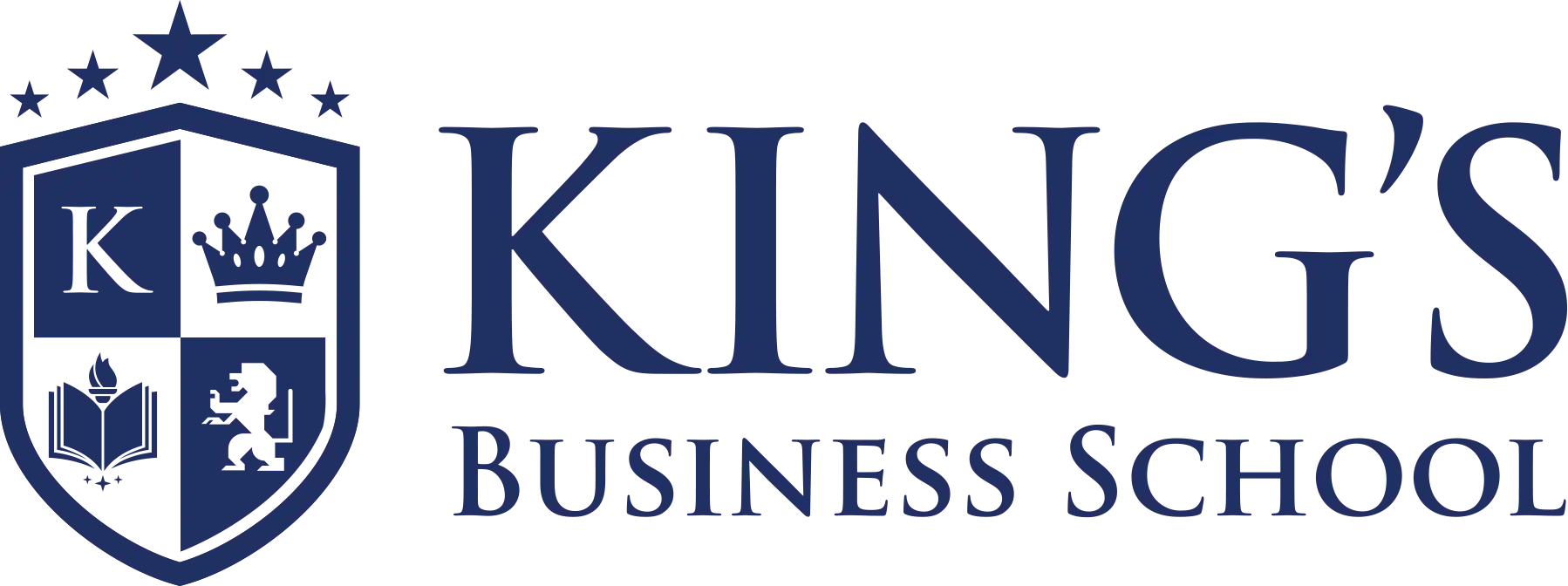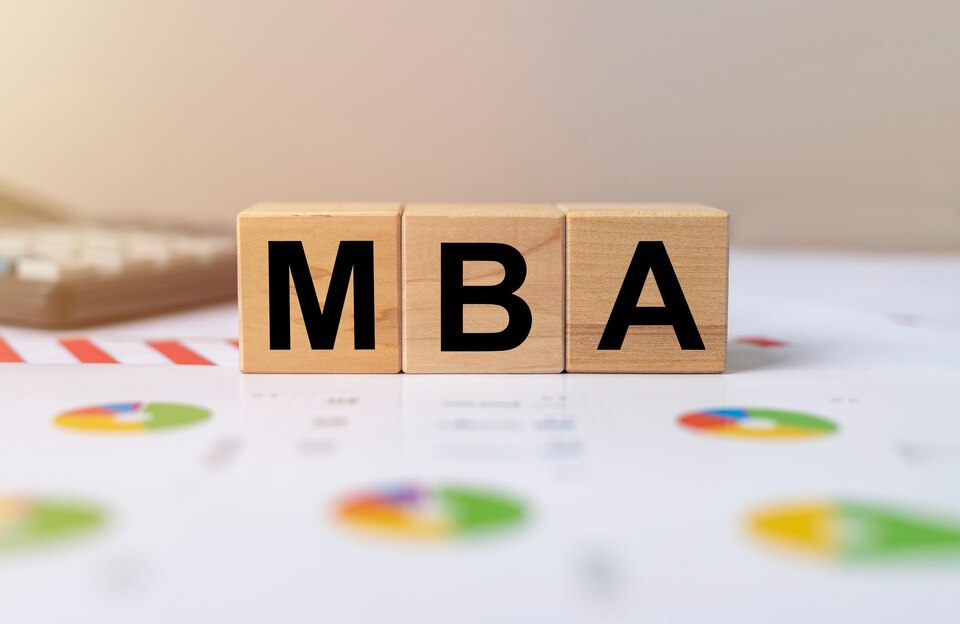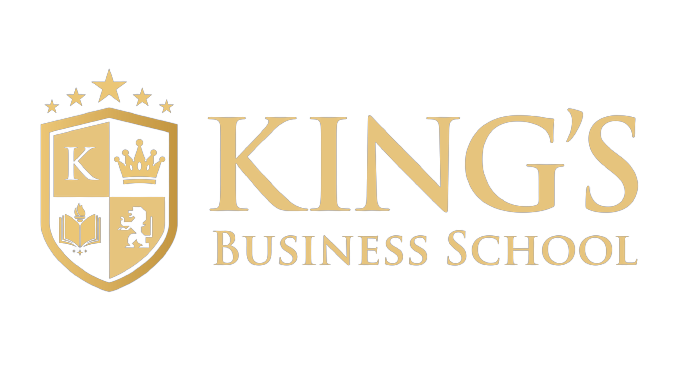What is an MBA?
The MBA, short for Master of Business Administration, is a highly popular graduate management degree globally. It’s favored by employers and sought after by ambitious professionals.
Introduced by Harvard University Graduate School of Administration in 1908, the MBA has become the gold standard in business education. It’s not just a credential; it’s a gateway to building business knowledge, expanding your professional network, and boosting your career and earning potential.
Students pursuing advanced degrees come from diverse backgrounds today. The Harvard class of 2022, for example, comprises 69 nationalities, with almost half being women and 45% being US minority students. They represent various industries, from technology and manufacturing to healthcare, nonprofits, media, and finance.
Top motivations for pursuing this degree, as per the Graduate Management Admission Council™ (GMAC™), include salary growth, senior role opportunities, team management, and international work prospects. These are just a few of the many benefits this qualification can offer.
Exploring MBA Specializations
While this degree provides a solid foundation in management, it’s also flexible enough for you to specialize in areas that pique your interest. For example,at King’s Business School, we offer a range of specializations, including healthcare management, entrepreneurship, finance, marketing, and HR.
These specializations typically blend core courses with a set of tailored courses focused on your chosen area.
What are the different types of MBA specializations available at King’s Business School?
King’s Business School offers Swiss MBA, UK and French MBA.
Under the Swiss Program, we offer:
- MBA Construction Project Management
- MBA Digital Marketing
- MBA Data Science and Analytics
- MBA Engineering Management
- MBA Educational Leadership
- MBA in Financial Management
- MBA Healthcare Management
- MBA Information Technology
- MBA Logistics and Supply Chain
- MBA Project Management
- MBA Human Resource Management and Psychology
- MBA Tourism and Hospitality Management
- MBA Marketing Management
- MBA Quality Management
- MBA Risk Management
Mastering MBA Courses and Curriculum
The curriculum typically divides into two parts:
1. Core MBA Courses:
These form the bedrock of general management education and include subjects like accounting, business communication, ethics, strategy, data analytics, economics, finance, leadership, marketing, and operations.
2. Elective MBA Courses:
In the latter part of your program, you can choose courses that align with your specific career goals. These electives cover a wide spectrum, from HR management, nonprofit management, entrepreneurship, sustainability, and CSR, to cutting-edge topics like artificial intelligence and blockchain.
Beyond the classroom, life is enriched by participation in networking events, conferences, etc.
Unlocking Career Opportunities with an MBA
The versatility of an MBA opens doors to a wide array of industries and roles.
Employers highly value MBA graduates, and many actively recruit from business schools.
According to GMAC’s Corporate Recruiters Survey, despite the challenges posed by COVID-19, 91 percent of global employers planned to hire MBAs in 2021. Graduates are increasingly found in diverse fields, including healthcare, nonprofits, multinational corporations, startups, and entrepreneurship.
Some of the most sought-after employers for graduates include top-tier management consulting firms like Bain, BCG, McKinsey, and major tech companies such as Amazon, Google, and Microsoft. Accounting firms like Accenture, Deloitte, and EY also actively recruit talent.
Elevating Your Earnings
It’s a compelling investment in your financial future. Graduates from top-ranked business schools in the United States typically start with average salaries ranging from $120,000 to $160,000 after graduation, coupled with attractive signing and performance bonuses.
In the three years following graduation, salaries often experience substantial growth, exceeding 100 percent in many cases. Across the top 10 programs ranked by the Financial Times in 2021, students witnessed an average salary increase of more than 118 percent three years after completing their higer education.
The average post-MBA salary in the United States hovers around $107,000. However, these figures can differ based on location. To gauge your potential post-MBA salary, you can use interactive tools that consider your experience level and industry.
The Cost of an MBA: Assessing its Worth
Concerns about the cost are natural, but it’s important to consider the broader picture. The average total cost of a top-ranked full-time program, encompassing tuition, additional fees, living expenses, and healthcare insurance, is estimated at around $168,000.
The specific cost can vary significantly based on the location of the business school. In the United States, the average total cost of a top-ranked, full-time program is approximately $213,000, while in Asia, it tends to be more affordable, around $98,000.
Tuition fees also fluctuate widely among full-time programs, ranging from $49,000 to over $158,000. In assessing the value of an MBA, it’s crucial to consider not only the cost but also the potential post-MBA salary, the skills acquired, and the networking opportunities.
Navigating the MBA Admission Process at King’s Business School
Entry Requirements:
- Candidates seeking admission to the program should hold either a bachelor’s degree or any equivalent level 6 of the European common Frame of qualification degree or a recognized professional qualification.
- Applicants aiming to join our program and who have already started a master’s level program are subject to the transfer of credit policy.
Why choose King’s Business School?
1. Teaching Methodology:
Our programs are taught with a fresh approach as it goes beyond the confines of traditional classrooms. Faculty prioritize personalized discussions with students to get an understanding about the students project and objectives.
We believe in the philosophy that revolves around gaining academic as well as practical skills which are often sought after by organizations.
Our faculty is well-informed about current demands in the market- ensuring learners can seize career opportunities when the time comes for them to graduate.
2. International Partnerships
King’s Business School leverages on key partnerships and affiliations with institutions such as Swiss UMEF University of Applied Science Institute, IPAC Business School and Swiss Montreux Business School contributing to the enhancement of the education provided.
Swiss UMEF:
Swiss UMEF, a federally accredited private University of Applied Sciences Institute in the Canton of Geneva, is affiliated with King’s Business School. This affiliation adds prestige to the school and is characterized by the historical 15th-century Chateau campus in Geneva, which provides a unique and inspiring environment conducive to learning and intellectual growth.
IPAC Business School:
Approval by the French Ministry of Higher Education and membership in Campus France characterize IPAC Business School’s affiliation with King’s Business School. This affiliation introduces an international dimension to the education offered, enhancing the school’s reputation. It exposes students to a curriculum and faculty with a global perspective, allowing them to benefit from high-quality education and the potential to develop careers in the global business arena.
Swiss Montreux Business School Partnership:
King’s Business School has partnered with Swiss Montreux Business School, a private institution recognised in Switzerland. Swiss Montreux Business School draws students from 70+ countries through their dual degree partner colleges and universities spread around the globe..
Through this collaboration, King’s Business School offers specialized MBA programs from Swiss Montreux Business School for executive learners in the region. As a partner of Swiss Montreux Business School, we ensure high educational standards and a diverse learning experience.
This partnership enhances our academic offerings, solidifying our position as a leading institution. We commit to flexibility and provide face-to-face and online formats for the convenience of students.
Joining forces with Swiss Montreux Business School, we continue to create a conducive environment for academic and professional success. This collaboration empowers students with a globally recognized education across various fields, marking a significant step forward.





